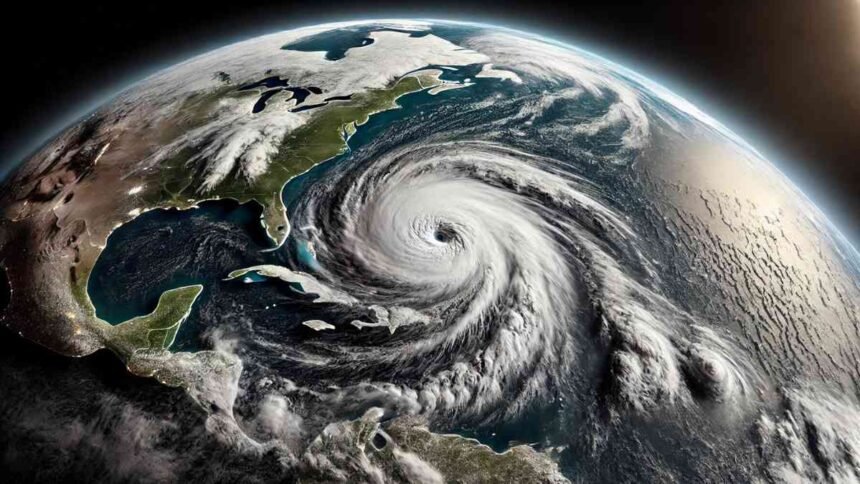The Atlantic Hurricane Season News this year highlights a season marked by increased storm activity, posing challenges to coastal communities. With climate change contributing to higher ocean temperatures, the potential for more frequent and intense hurricanes is growing. Preparing for these storms is crucial to minimizing their impact, with authorities urging residents to stay informed about evacuation routes and safety measures.
What is the Atlantic Hurricane Season?
The Atlantic hurricane season typically runs from June 1 to November 30. During this time, the Atlantic Ocean, Caribbean Sea, and the Gulf of Mexico experience tropical cyclones that can grow into powerful hurricanes. These storms are categorized from 1 to 5 based on the Saffir-Simpson scale, which measures wind speeds and potential damage.
Factors Contributing to Storm Intensity
A major factor affecting hurricane formation is the temperature of ocean waters. Warmer waters, particularly in the Atlantic, provide the energy hurricanes need to strengthen. Climate scientists point to global warming as a significant contributor to rising sea temperatures, making the conditions for hurricane formation more favorable. Understanding how these storms form and why they are getting stronger is crucial to preparing for their potential devastation.
How Are Hurricanes Named?
Hurricanes in the Atlantic are named based on a rotating list maintained by the World Meteorological Organization. Each year, a new list is used, and if a hurricane causes significant damage, its name is retired from the list. This practice allows for clear communication when multiple storms occur at the same time.
Preparing for the Worst: Emergency Protocols
In light of the Atlantic Hurricane Season News, communities along the coastlines are encouraged to review their emergency plans. These include understanding evacuation routes, securing properties against high winds, and having an emergency kit ready. Residents are also advised to follow the updates provided by the National Hurricane Center, which tracks and forecasts storm paths.
The Role of Technology in Hurricane Tracking
Advances in technology have greatly improved the accuracy of hurricane predictions. Satellites and computer models allow meteorologists to track storms in real time, giving residents more time to prepare. While predictions are not perfect, these tools have proven to be life-saving, reducing the number of fatalities during major storms.
Economic Impact of Hurricanes
The economic cost of hurricanes can be astronomical, affecting infrastructure, agriculture, and tourism. Major hurricanes disrupt supply chains, damage crops, and halt tourism in coastal areas, leading to long-term economic consequences. Recovery efforts often take months, and for some regions, years.
Climate Change and Future Hurricane Predictions
As mentioned earlier, the connection between climate change and the intensity of hurricanes is a growing concern. Warmer oceans not only fuel stronger storms but also extend the hurricane season. Predictions suggest that in the future, hurricanes may become even more frequent, with longer durations and increased potential for destruction.
How to Stay Safe During the Atlantic Hurricane Season
Staying safe during hurricane season requires vigilance and preparation. Follow these tips to protect yourself and your loved ones:
- Monitor local weather updates and alerts.
- Know the evacuation routes in your area.
- Stock up on essential supplies like water, food, and medications.
- Secure outdoor furniture and bring inside any items that could become projectiles in high winds.
- Have a communication plan with family and friends in case of power outages.
The Importance of Insurance and Recovery Plans
Homeowners in hurricane-prone areas should ensure they have adequate insurance coverage to protect against damage. Many standard insurance policies do not cover flooding, so it’s important to review and adjust policies to include flood insurance if necessary. Having a clear recovery plan can also help expedite the rebuilding process after a hurricane.
Conclusion
The Atlantic Hurricane Season News emphasizes the importance of being prepared for what could be an active and intense season. With storms becoming more powerful due to climate change, staying informed and taking proactive steps is key to protecting life and property. As we continue to face these natural disasters, adaptation and resilience will be critical in the years to come.
For More Visit, Viraltimes.co.uk







